The 1970s was a time of experimentation in television, with networks trying out all kinds of shows in hopes of striking gold. While many programs became cultural touchstones, others simply didn’t land well with audiences. Some of these shows were criticized for being too out there, while others were just plain forgettable—leading to quick cancellations or a quick drop in viewership.
In this list, we look at 16 TV shows from the 1970s that viewers couldn’t stand. From poorly received comedies to awkward dramas, these shows failed to capture the audience’s attention in the way their creators had hoped. Despite their flaws, they remain an interesting reflection of TV trends during the decade and show just how hit-or-miss the entertainment world can be.
My Mother the Car
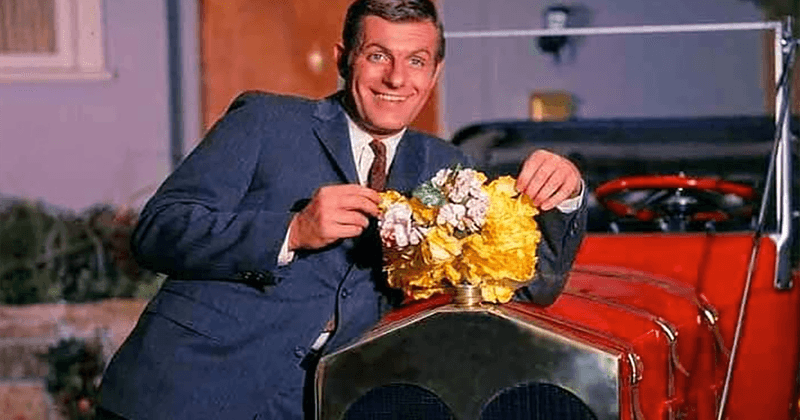
“My Mother the Car” is often cited as one of the strangest TV concepts of the 1970s. The show revolved around a talking car that housed the spirit of the protagonist’s deceased mother. Despite its unique premise, the series struggled to find an audience. Viewers found it challenging to connect with the unusual storyline and the comedic elements fell flat. Additionally, the show’s humor was considered outdated even by 1970s standards. The mixture of slapstick and supernatural was not enough to keep it running for long, making it a curious blip in TV history.
Holmes & Yoyo
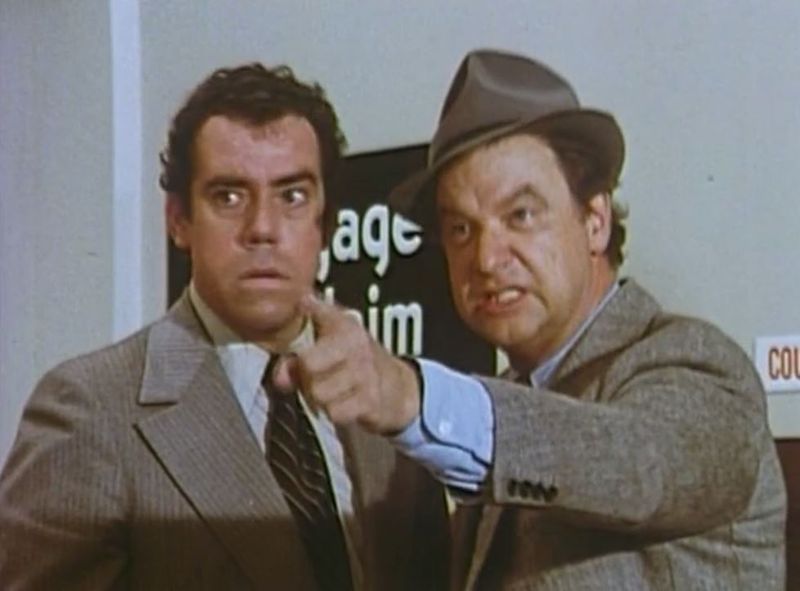
“Holmes & Yoyo” attempted to blend the detective genre with science fiction and comedy. The plot featured a detective partnered with an android, designed to assist in solving crimes. Unfortunately, the show’s execution left much to be desired. The comedic attempts were often awkward, and the futuristic elements seemed cheesy. The chemistry between the lead characters, which was crucial for the story’s success, was lacking. As a result, “Holmes & Yoyo” quickly became a footnote in TV history, remembered more for its failures than any groundbreaking ideas.
Turn-On
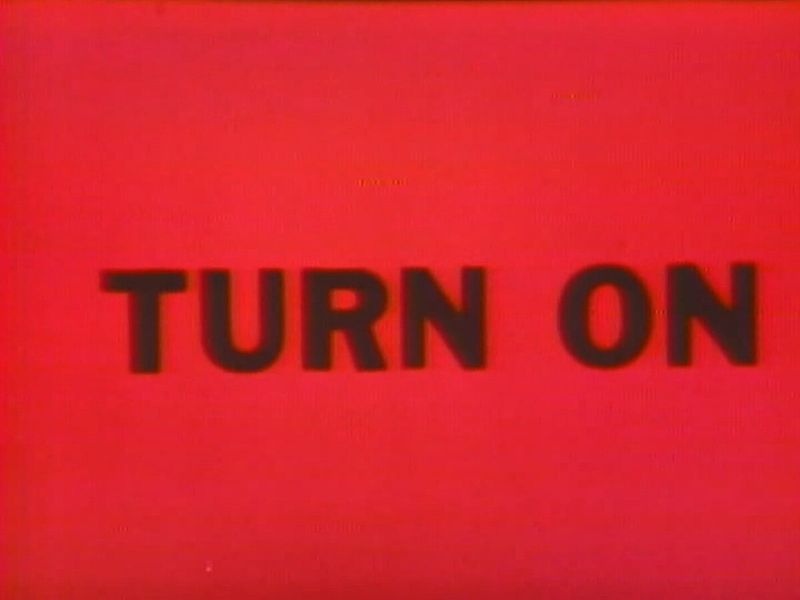
“Turn-On” was one of the most controversial shows of the 1970s, infamous for being canceled after just one episode. Its experimental and surrealist humor confused and alienated viewers. The show’s attempt at pushing boundaries was too much for the time, leading to its quick demise. Many found its style jarring, lacking the charm or wit needed to engage an audience. “Turn-On” serves as a cautionary tale about the risks of straying too far from convention. While bold, it remains an example of how innovation can sometimes miss the mark.
The Brady Bunch Variety Hour
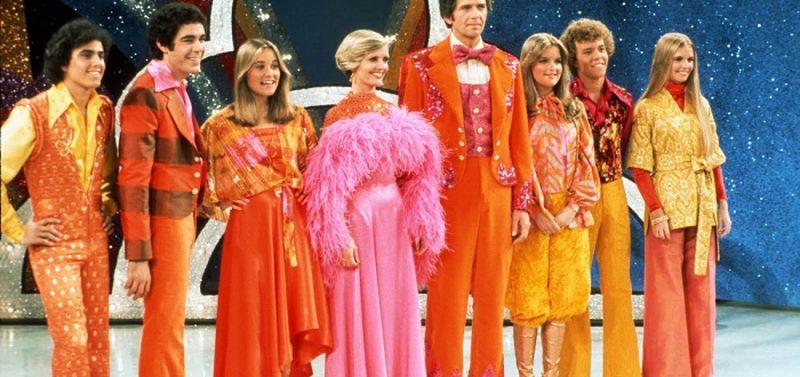
The Brady Bunch was beloved, but when it transformed into “The Brady Bunch Variety Hour,” the charm dissipated. This spin-off attempted to merge the family sitcom with a variety show format, resulting in a peculiar mix that didn’t resonate with fans. The over-the-top musical numbers and lack of coherent storytelling left viewers baffled. It failed to capture the original series’ warmth or humor. Audience expectations were high, but the show couldn’t match them, leading to its quick cancellation. It’s a reminder of how spin-offs can sometimes falter.
Manimal

“Manimal” was an ambitious series that combined crime-fighting with supernatural transformations. The protagonist, a man with the ability to turn into animals, aimed to solve crimes using his unique skills. However, the show’s special effects were not up to par, and the concept was considered too far-fetched. Critics and audiences alike found the premise ludicrous rather than intriguing. Despite its innovative idea, “Manimal” failed to maintain interest, quickly disappearing from the TV landscape. It’s often remembered for its potential rather than its actual accomplishments.
Supertrain

“Supertrain” was billed as an extravagant TV venture, featuring an enormous nuclear-powered train complete with a disco and pools. Intended as a “Love Boat” on rails, it promised luxurious escapades and intriguing personal stories. However, the series was plagued by high costs and lackluster storytelling. The characters were unengaging, and the plots meandered without direction. Despite the grand setting, viewers weren’t invested in the journeys. Ultimately, it stands as a lesson in how excessive production values cannot compensate for weak narratives.
Pink Lady and Jeff
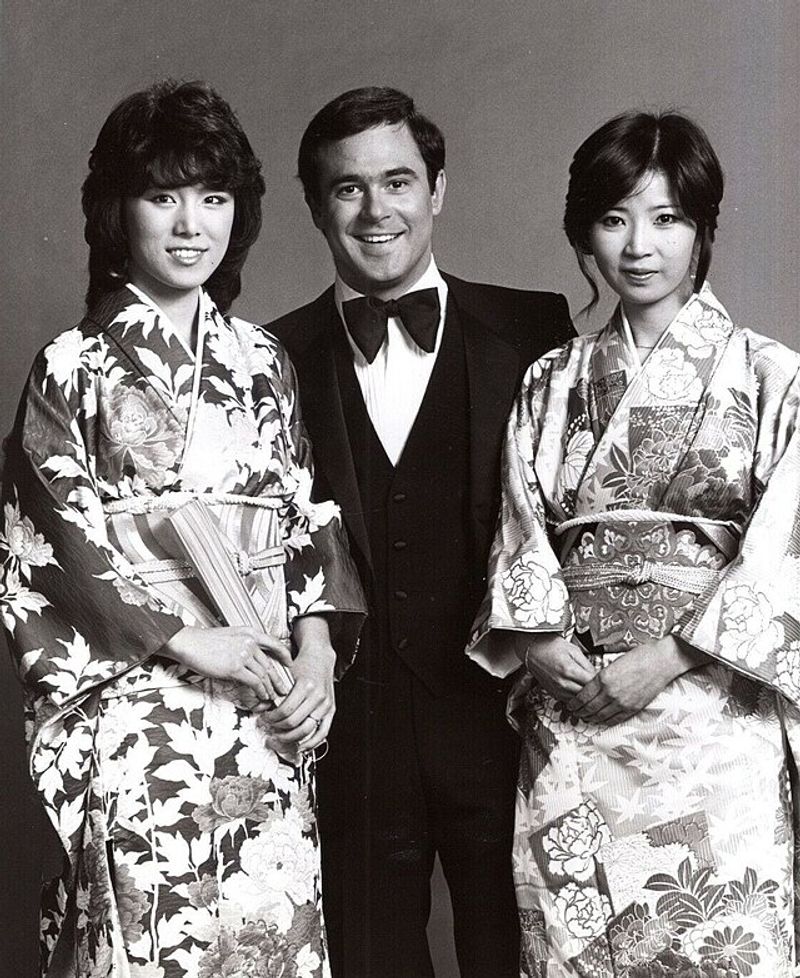
“Pink Lady and Jeff” paired Japanese pop duo Pink Lady with comedian Jeff Altman in a variety show format. Sadly, the language barrier and cultural differences overshadowed the entertainment. The show’s humor often fell flat, and the musical segments seemed disjointed. Viewers found the combination awkward rather than entertaining. It struggled to find a cohesive identity, making it a curious experiment that didn’t pay off. Despite the talent involved, the series serves as a reminder of the challenges faced when blending distinct cultural elements.
Cop Rock
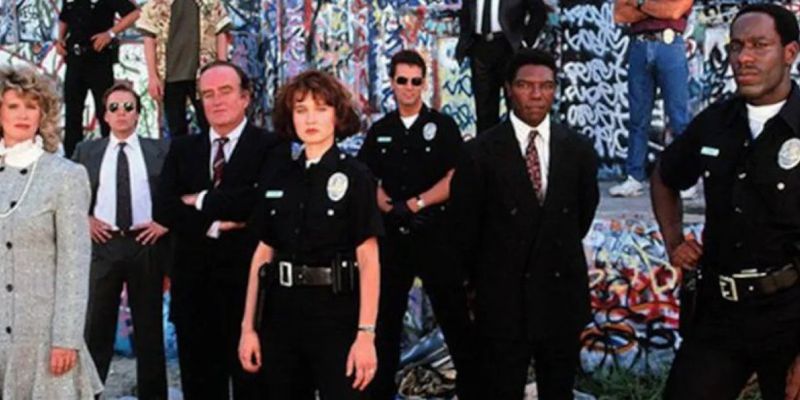
“Cop Rock” is remembered as an ambitious yet flawed attempt to merge police drama with musical theater. The idea of officers breaking into song during routine investigations was too unconventional for most viewers. Despite having a talented cast and crew, the concept was not effectively executed. The tonal shifts between gritty crime and upbeat musical numbers left audiences confused. Its short-lived run reflects how inventive ideas can sometimes struggle in practice. “Cop Rock” remains a notable example of how blending genres requires careful balance to succeed.
The Ugliest Girl in Town
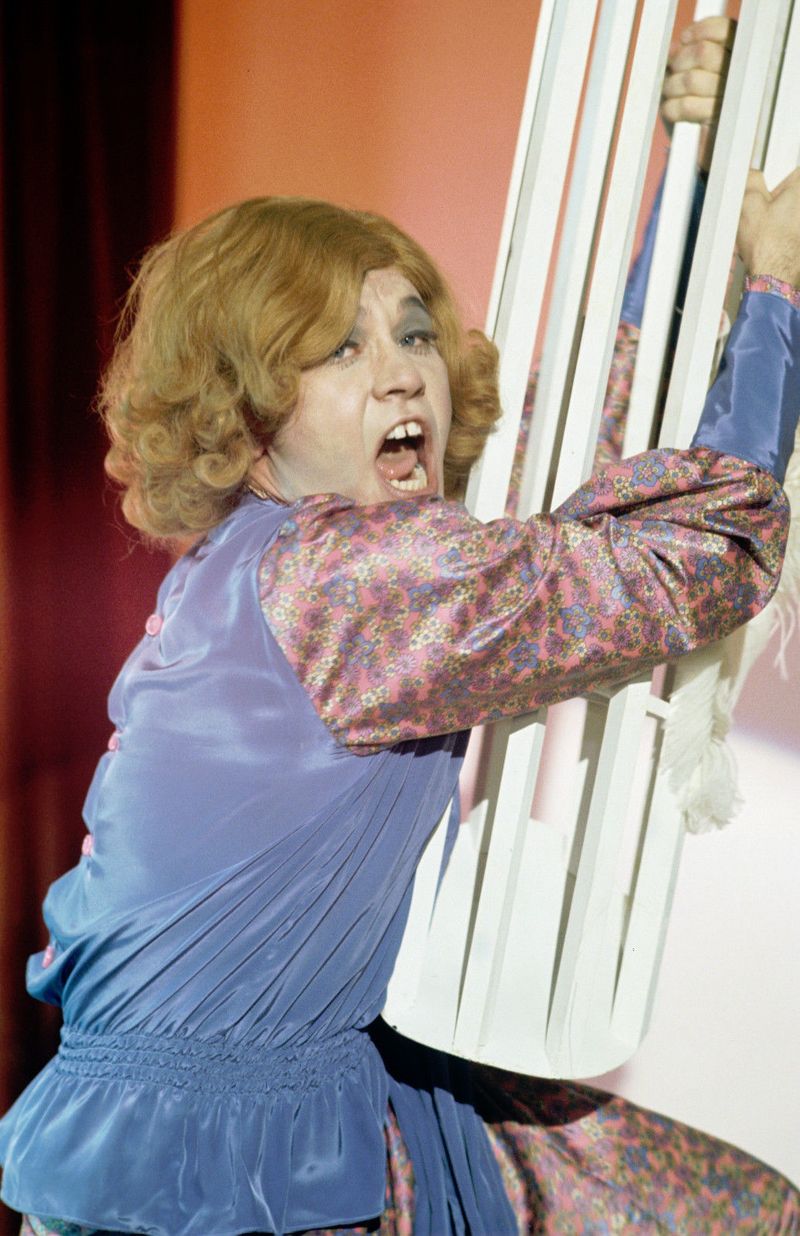
“The Ugliest Girl in Town” revolved around a man who disguises himself as a woman to pursue a career in modeling. While intended as a comedy, the show’s humor was often deemed offensive and outdated. The premise failed to connect with audiences, who found it more cringeworthy than funny. The portrayal of gender and identity issues did not resonate, leading to its swift cancellation. This series highlights how comedic approaches to sensitive topics can backfire, especially when lacking nuance or understanding.
Hello, Larry
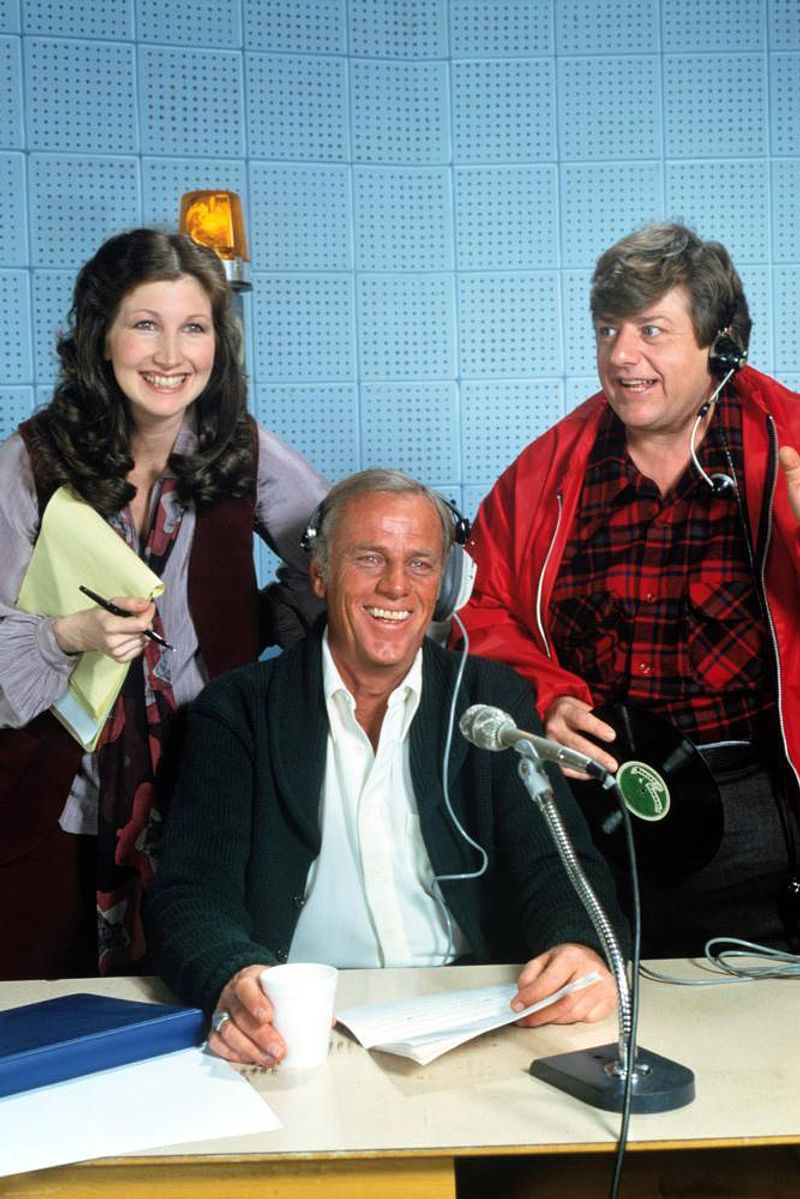
“Hello, Larry” followed the life of a radio talk show host, played by McLean Stevenson. Despite Stevenson’s popularity from “M*A*S*H”, this sitcom struggled to find its footing. Critics pointed to weak writing and uninspired plot lines as major flaws. The show failed to develop its characters or provide engaging scenarios, resulting in a lackluster viewing experience. Attempts at humor often fell flat, and it couldn’t capture the audience’s interest. “Hello, Larry” serves as a reminder of how star power alone is not enough to guarantee success.
The Waverly Wonders
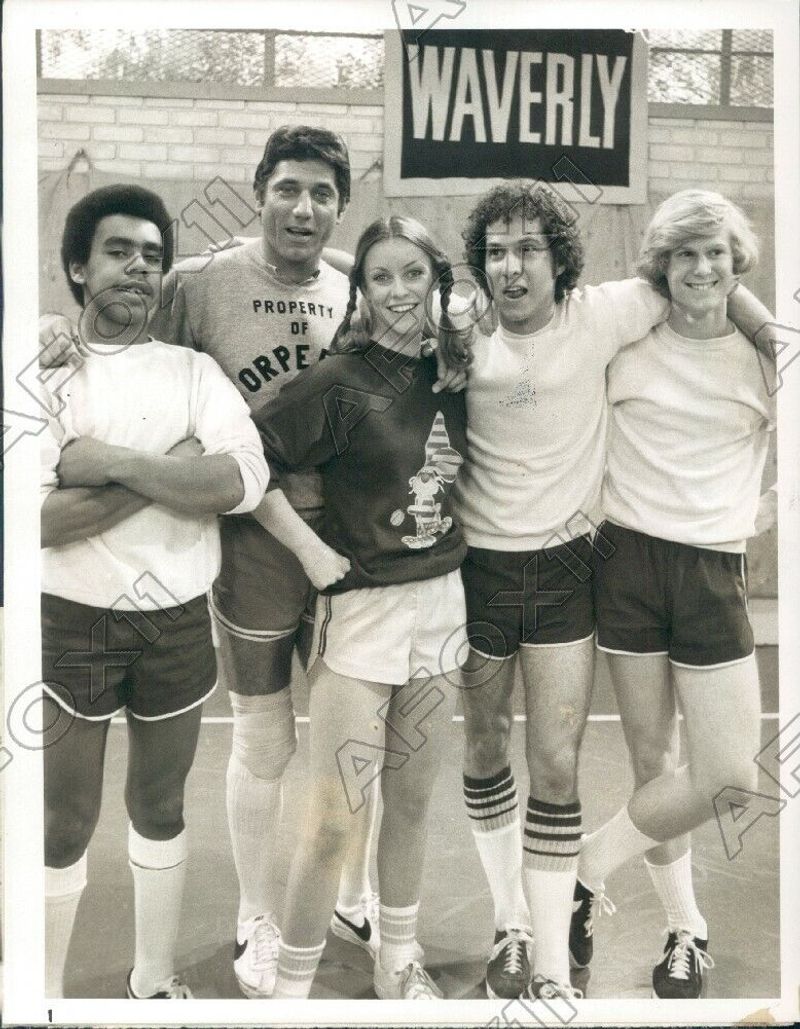
“The Waverly Wonders” featured Joe Namath as a former pro basketball player turned high school coach. The concept was promising, but the execution was lacking. The comedic elements missed their mark, and the characters were underdeveloped. Critics noted the uninspired writing and clichéd scenarios. As a result, the show failed to engage viewers, leading to its quick cancellation. Despite Namath’s celebrity status, “The Waverly Wonders” couldn’t overcome its narrative shortcomings. It’s a classic example of how sports-themed shows need more than star athletes to succeed.
Dusty’s Trail
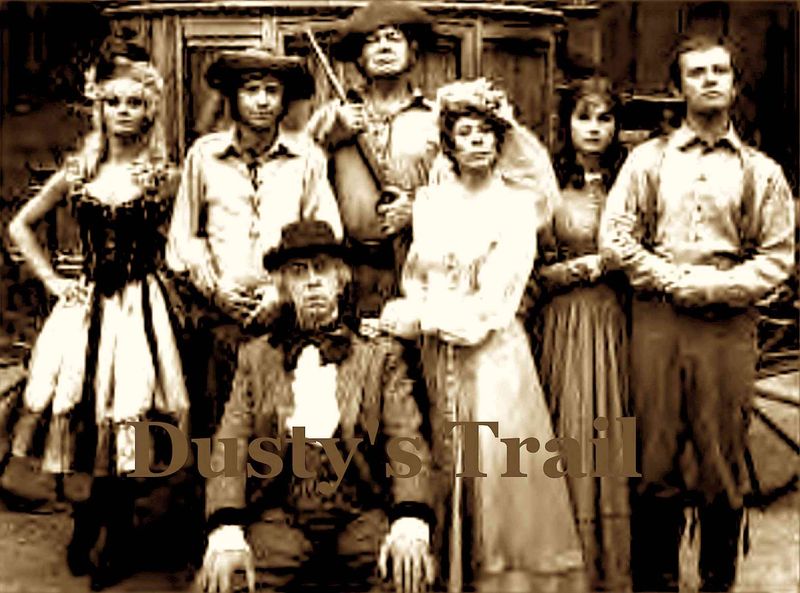
“Dusty’s Trail” was often compared to “Gilligan’s Island”, set on a wagon train instead of a deserted island. The show followed a group of mismatched travelers who constantly find themselves lost. However, the humor and scenarios felt derivative and repetitive. It struggled to establish an identity separate from its predecessor, resulting in lukewarm reception. Critics and audiences found the plotlines predictable and uninspired. Despite its premise’s potential, “Dusty’s Trail” didn’t deliver the laughs or originality needed to thrive in the competitive TV landscape.
Quark
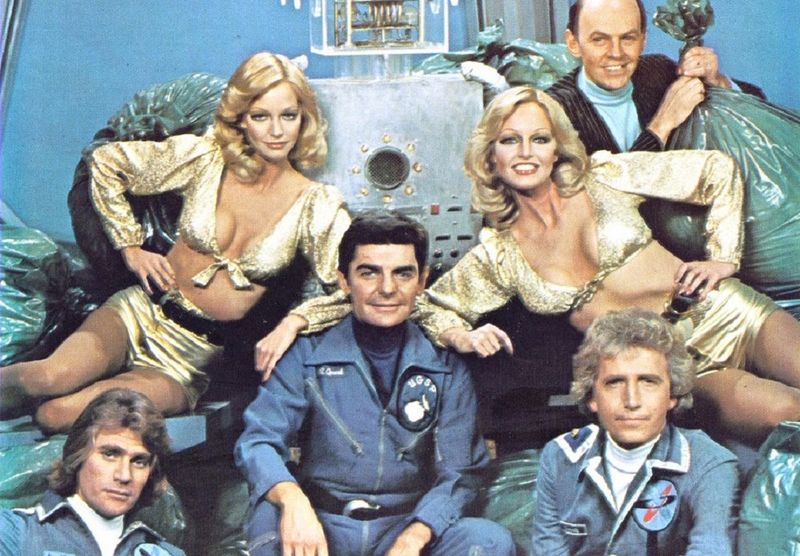
“Quark” attempted to bring humor to the sci-fi genre, following a space garbage collector and his crew. Despite its unique setting, the show failed to captivate the audience. The comedic elements were often overshadowed by bizarre plotlines and inconsistent tone. The characters lacked depth, and the humor relied heavily on clichés. As a result, “Quark” struggled to maintain a balance between parody and genuine storytelling. It’s remembered as a quirky attempt at sci-fi comedy that couldn’t establish a strong identity in the crowded TV landscape of the 1970s.
Barefoot in the Park
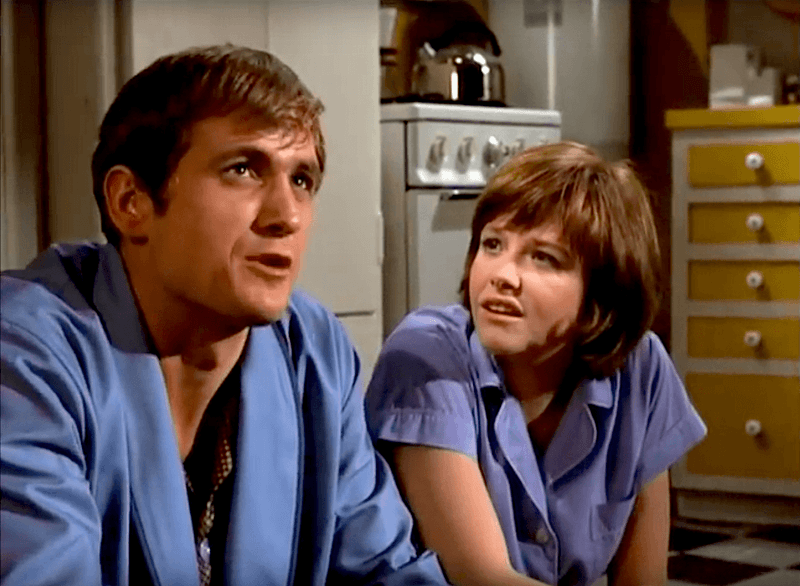
“Barefoot in the Park” was based on the popular Neil Simon play, adapted for television. The show followed a young couple adjusting to marriage in a cramped New York apartment. Despite its theatrical roots, the series struggled to translate stage success to the small screen. Critics cited wooden performances and lackluster dialogue as key issues. The charm and wit of the original were lost, leading to a tepid reception. “Barefoot in the Park” serves as a lesson in the challenges of adapting stage works for television, where dynamics differ significantly.
On the Rocks
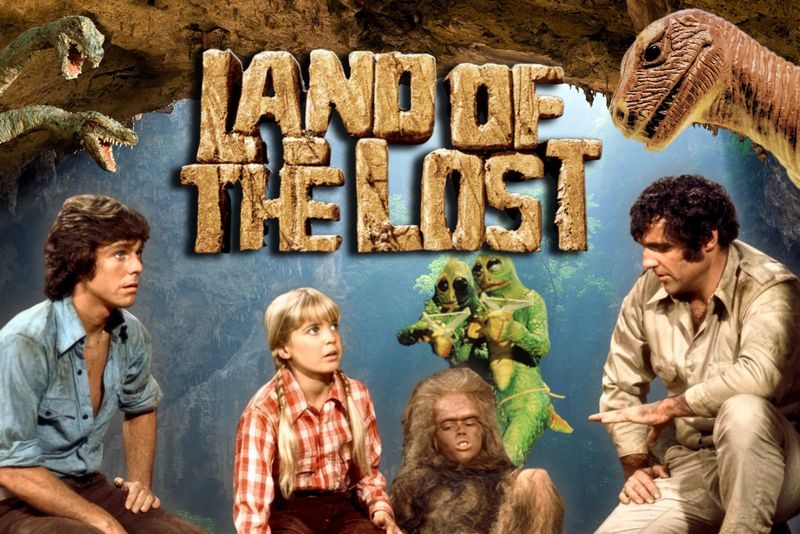
“On the Rocks” attempted to shed a comedic light on prison life, inspired by the British series “Porridge”. However, it lacked the charm and wit of its predecessor. The American adaptation struggled with forced humor and underdeveloped characters. Critics noted that the storytelling failed to capture the nuances of the original, resulting in a lackluster series. Viewers found the show’s portrayal of prison life neither realistic nor entertaining. “On the Rocks” illustrates the difficulties faced when adapting successful shows across different cultures and contexts.
The San Pedro Beach Bums
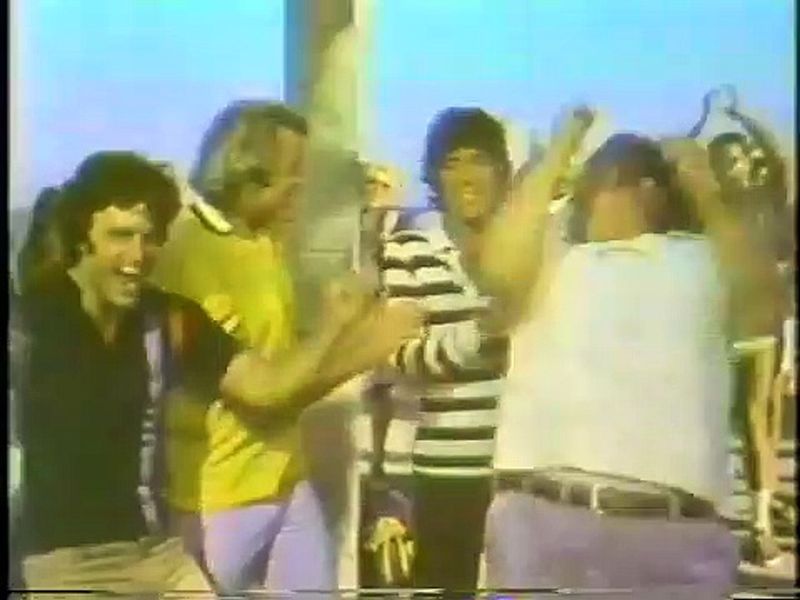
“The San Pedro Beach Bums” featured a group of friends living a laid-back lifestyle by the beach. While aiming for lighthearted comedy, the show struggled with thin plots and shallow character development. Critics and audiences found it lacking substance, with humor that missed the mark. The carefree premise wasn’t enough to sustain viewer interest, leading to its quick exit from TV screens. Despite its potential for summer fun vibes, the series couldn’t deliver engaging stories or memorable characters. It remains a minor footnote in the era of 1970s television comedies.
